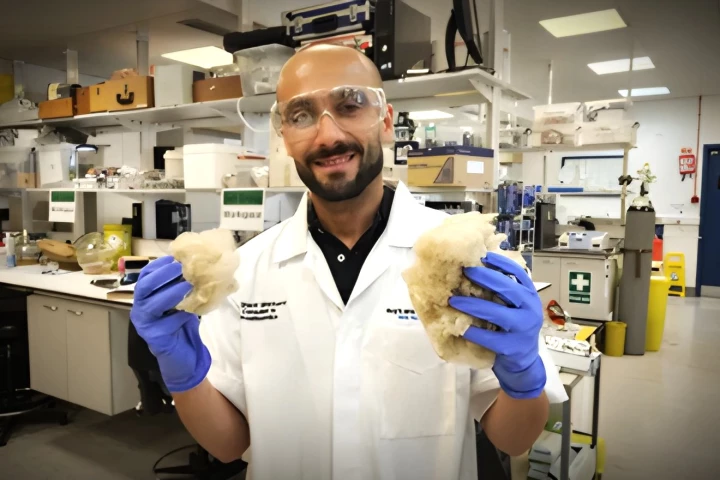King's College London
-
The first-of-a-kind brain-stimulation device approved to treat attention-deficit/hyperactivity disorder in the US has had its efficacy questioned, with scientists believing that its Food and Drug Administration approval was based on poor science.
-
For the first time, scientists have used evidence-based research to rewrite the advice on what to consume to relieve constipation, doing away with the broad "high-fiber diet" mantra. And one food in particular stands out as being most effective.
-
It's common knowledge that avoiding too much sugar or acid-containing foods is a good way to keep your oral health on the right track. But a new study now reveals that a common well-regarded eating plan can also have a big positive impact.
-
A comprehensive review looking at autistic adults over the age of 40 has found that as many as 90% of cases are undiagnosed, leading older adults – who are more susceptible to poor mental and physical health outcomes – with no recognition or support.
-
Would you use a toothpaste made from human hair if it promised to protect, repair, and reduce pain in your teeth better than anything on the market? That might be a question you'll have to contend with one day, based on new research out of London.
-
If you want to stop potholes from forming in asphalt roads, you've gotta get 'em while they're still just tiny cracks. A new self-healing asphalt could one day do that very thing, utilizing spores obtained from moss.
-
In the first study of its kind, scientists have used extensive data to identify that adults with ADHD have a significantly lower life expectancy than their neurotypical peers. This unprecedented research should serve as a serious wake-up call.
-
We've never been closer to accurately assessing whether someone is more susceptible to developing depression due to their biology, with 293 new gene variants found to play a role in ramping up the risk factor. That's 42% more than previously known.
-
As if Komodo dragons didn't seem ferocious enough already, scientists have now discovered that the reptiles tear through flesh using a coating of iron on their teeth. It is now believed that dinosaurs such as T. rex may have been similarly endowed.
-
Cow’s milk contains nanoparticles that can be used to deliver RNA therapy orally, say researchers. With such drugs currently only administrable by injection, the discovery opens the door to cheaper, more accessible treatments for a range of diseases.
-
As common as asthma is, exactly how it starts remains murky. Scientists have now identified a new root cause, and importantly a new angle for treating the disease that can prevent the main symptoms.
-
A giant quantum vortex has been created in superfluid helium in a lab at the University of Nottingham. Its behavior was found to mimic that of black holes and may help astrophysicists gain deeper insight into these galactic gravity gobblers.
Load More











